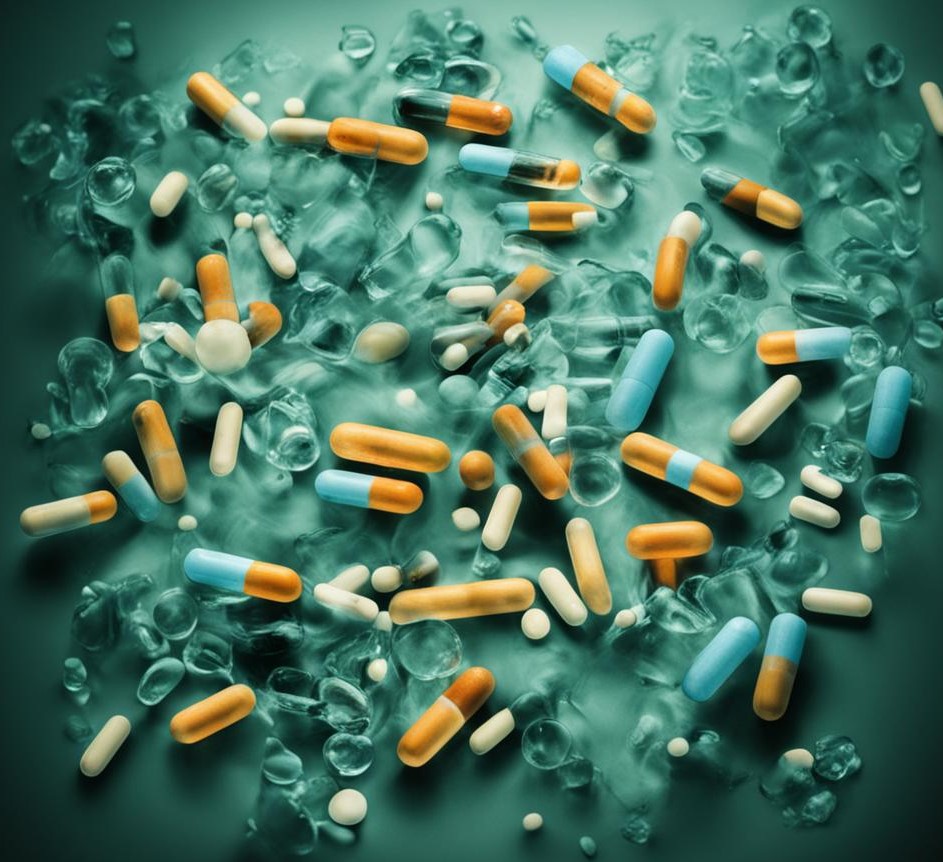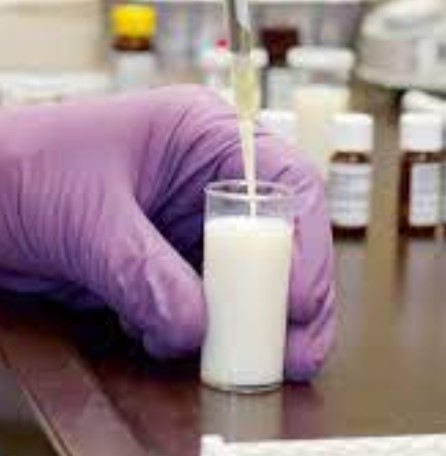Antibiotics in kefir: myth or reality?

Photo is illustrative in nature. From open sources.
Kefir is one of the most popular and healthy dairy products. It contains a variety of vitamins, minerals, and probiotics that help boost the immune system and support health. However, recently there has been information that kefir may contain antibiotics. Let's see how true this is.
Antibiotics are medicines that are used to fight infectious diseases. They kill bacteria or stop their growth, allowing the body to fight infection. Antibiotics can be self-produced by bacteria or synthetic.
Now let's see how antibiotics can get into kefir. Kefir is produced by fermenting milk with the help of microorganisms - kefir fungi. These mushrooms contain many beneficial bacteria that contribute to the formation of a sour-milk environment and give kefir its characteristic taste and aroma.
However, some of these bacteria can produce antibiotics. For example, Lactobacillus acidophilus can produce an antibiotic called lactocidin. This antibiotic can kill other bacteria that compete with Lactobacillus acidophilus for resources.
It is also possible that antibiotics end up in kefir due to the use of antibiotics in raising animals from which milk is obtained . This can lead to antibiotics being present in milk and therefore in kefir.
Now let's answer the main question - is the presence of antibiotics in kefir dangerous to health? In general, the answer depends on which antibiotics are present in kefir and in what quantity. If this is a small amount of antibiotics, then the likelihood that they will harm health is extremely low. However, if kefir contains a large amount of antibiotics, this can lead to the development of bacterial resistance to antibiotics.
Thus, it can be concluded that the presence of antibiotics in kefir is not a serious problem for human health. However, if you want to be one hundred percent sure of the quality of the product, then you should choose only natural and environmentally friendly kefir.




























































